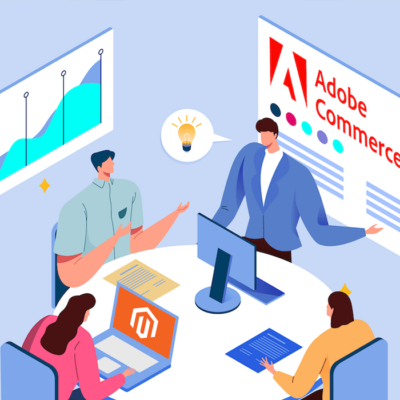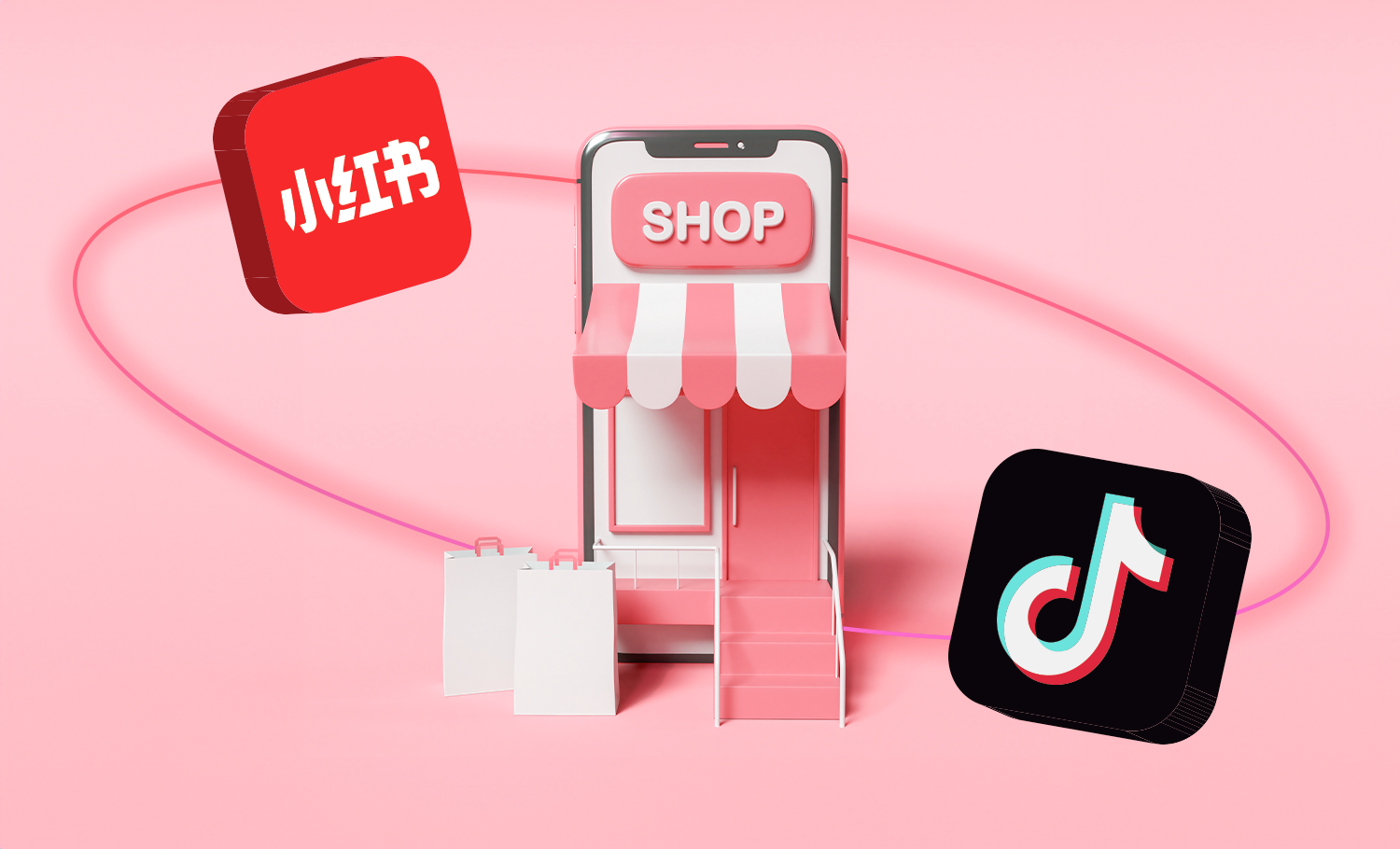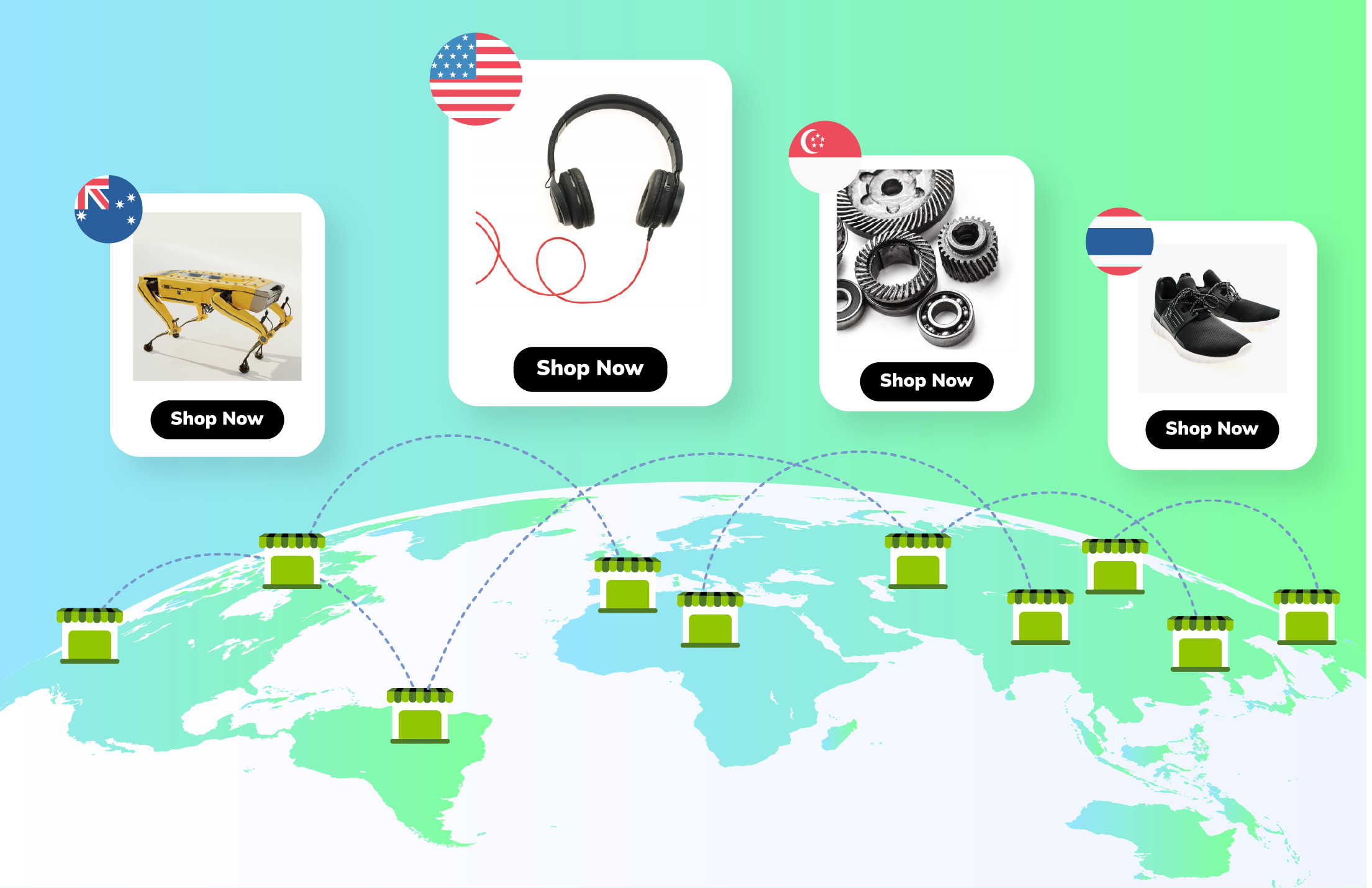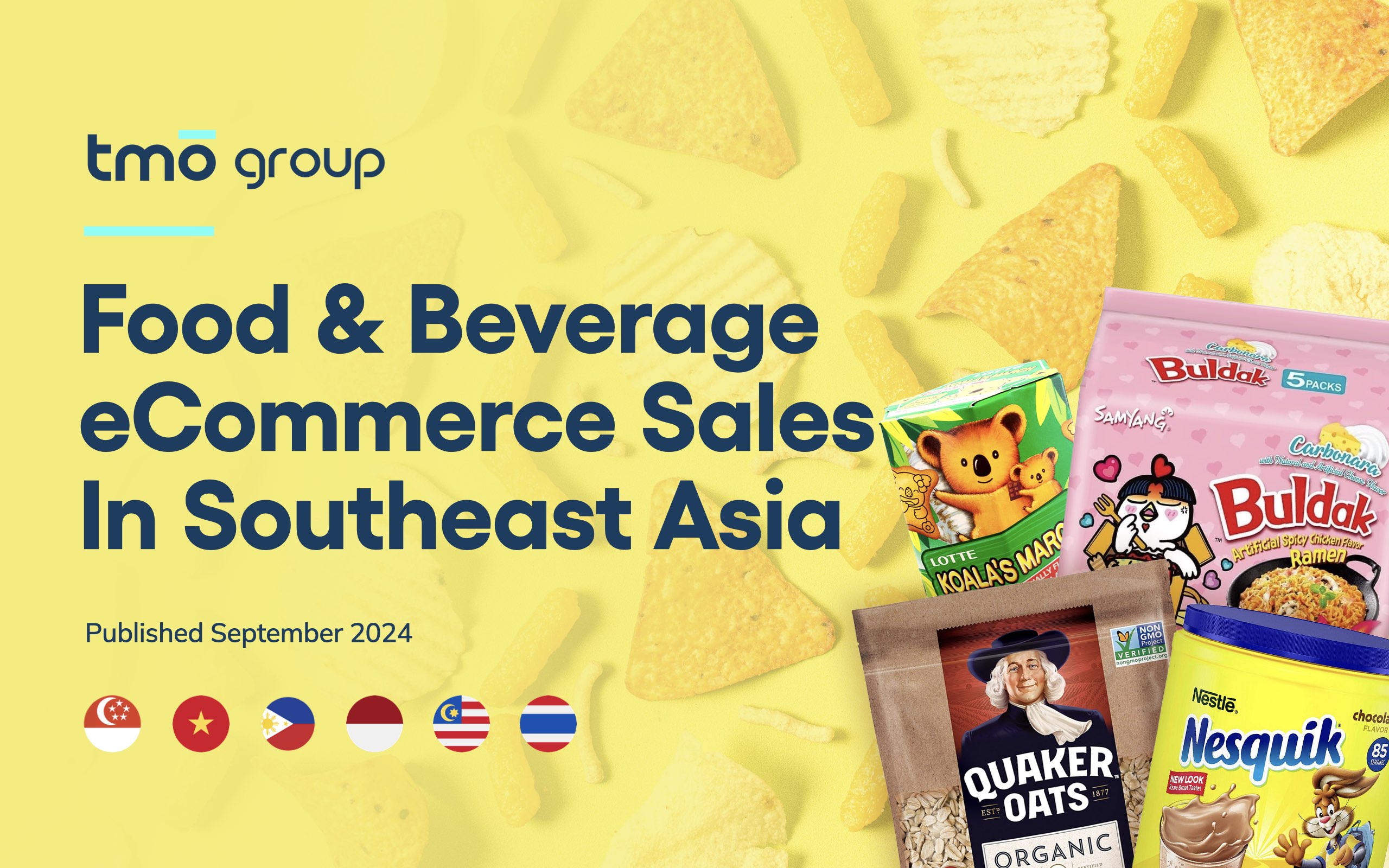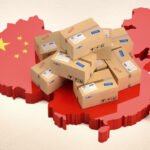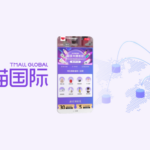The cross-border eCommerce market is growing in many countries, especially in countries in South East Asia, China and India. There are more and more solutions and services for merchants, entry thresholds getting lower and lower. Yet, when it comes to actually starting a cross-border eCommerce business, there is still an air of insurmountable challenge, of something complicated and risky. While some of the concerns are valid – eCommerce is not a walk in the park, there is a certain element of risk involved, most of the fears surrounding cross-border eCommerce may be a little overblown.
In case of cross-border trade in China (which is one of the main areas of expertise of TMO Group), there are a lot of procedures, set up by the Chinese government, and solutions, built by Chinese companies that can make Chinese cross-border easier than you think. Let’s look (and, where possible, debunk), some popular misconceptions.
1. My product will not interest Chinese consumers
Only time will tell, if this is true for any particular product. However, we’d like to point out that there are numerous examples of foreign brands being extremely successful in China. Years of relative isolation in the past decades nurtured an interest in Western things in generations of Chinese people. It can be seen in music, movies, and goods as well – mainly luxury and leisure related products. Among the most popular categories on online platforms you’ll find such groups as beauty and healthcare products, jewelry and decorations, clothes and sports equipment.
The potential demand for foreign products doesn’t end here. In our experience there can be a niche for a wide range of Western products, including very specific B2B related goods – from decorating materials and medical equipment to pipes and heavy machinery.
2. You need local distributors to market your product
The “distributor model” is indeed a widely used one in China. It is, however, not the only option a company can choose to implement. With the help of eCommerce you can sell to your end customers directly – the eCommerce platform can take care of most of the tasks normally handled by the distributor.
Sometimes the distributor level is indispensable, for example, when there is a huge personal element in sales. Successful transactions may require face-to-face contact with the customer, for example in the case of healthcare and cosmetic products. Here the eCommerce platform can take care of setting resellers’ stores, provide unified sales materials, manage inventory and much more.
3. You need brick and mortar stores to have decent sales
If you walk down the central tourist street of a large city, visit a fancy shopping mall or shopping gallery – you would probably see dozens of big name stores, with huge and sophisticatedly designed window displays. Looking at this extravaganza, you start to think: of course, I need a brick and mortar store. I guess you are right – if you are Apple or Gucci. If you are a little closer to Earth – not so much. There are hundreds and thousands of brands that successfully established their brands operating only online – and yours can be one of them.
4. Logistics and taxation for the cross-border must be a nightmare
Almost a decade ago, the Chinese government started developing a network of logistic hubs across the country, to facilitate fast delivery of goods in all large and medium-size cities in China. There are logistics providers that will take care of delivery of your goods from the bonded warehouse to the final destination - providing you and the customer with a convenient online tracking system so both you and the customer can be at ease about the parcel’s whereabouts.
What's a bonded warehouse, you ask? That’s another feature of the cross-border ecosystem that allows you to streamline logistics even further. It can help you optimize taxation too: you only need to pay custom taxes at the moment you make a sale and send the product out of the warehouse.
5. It all must be extremely complicated
We are not going to lie: there are things that are simpler than cross-border eCommerce. But then again, it is not rocket science either. It all boils down to a few choices you need to make: import model, logistics model, distribution model, sales solution: marketplace or standalone eCommerce site.
It really helps to have a trusted partner to guide you through these decisions, point out pitfalls and suggest optimal solutions. TMO Group will be happy to be such a partner for your business. Feel free to contact us to discuss how cross-border eCommerce can benefit your enterprise.
